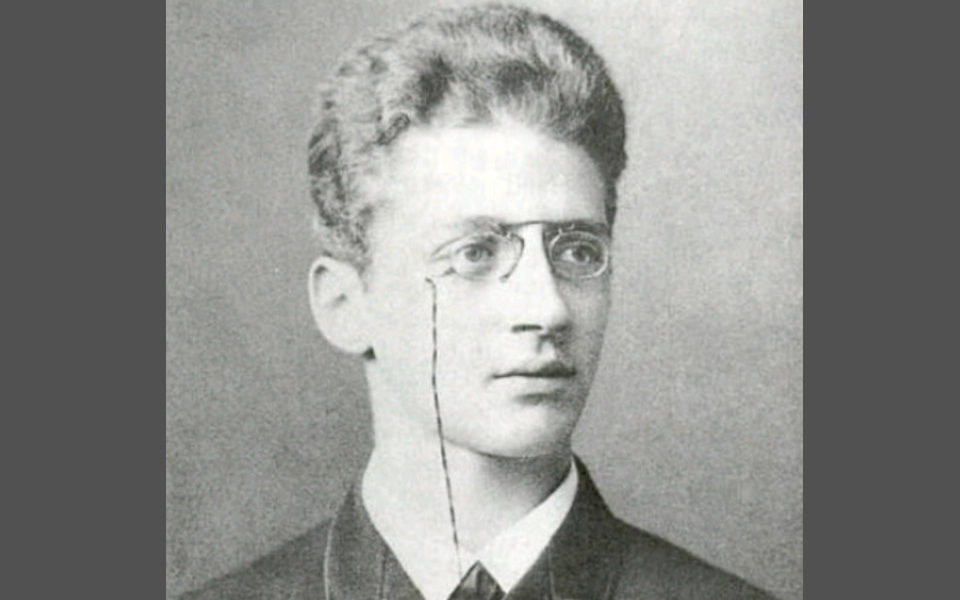
For a crash course in irony, look no further than the life of Fritz Haber, the Jewish chemist whose scientific research led to the invention of Zyklon B, the cyanide-based pesticide used in death camps during the Holocaust—including against his own family.
Born in 1868 in Breslau, Haber wanted nothing more than to graduate from being a shtetl Jew to a successful German citizen. Inspired by his love for the Fatherland, Haber studied chemistry in Berlin and, in 1909, his research led to one of the 20th century’s defining breakthroughs: a way to make huge quantities of fertilizer by synthesizing ammonia from nitrogen and hydrogen. The process was like making “bread from air.”
If this discovery was lifegiving, his next one wasn’t: Haber used the process to experiment with weaponizing chlorine gas. He wanted to help the German cause in World War I however he could, and even won the Nobel Prize for Chemistry for his work.
But love of country didn’t matter when you were a Jew. In 1933, Haber was locked out of his job at a scientific research institute. He resigned in protest, and began seeking out employment in Palestine. But months later, while in exile in London, he died of a heart attack.
After his death, his research eventually led to the invention of Zyklon B, which was later used to kill Haber’s family and millions of other Jews.
Haber’s grandson, historian Fritz Stern, said this of Haber, “His life was the tragedy of the German Jew – the tragedy of unrequited love.”
JTA has documented Jewish history in real-time for over a century. Keep our journalism strong by joining us in supporting independent, award-winning reporting.





